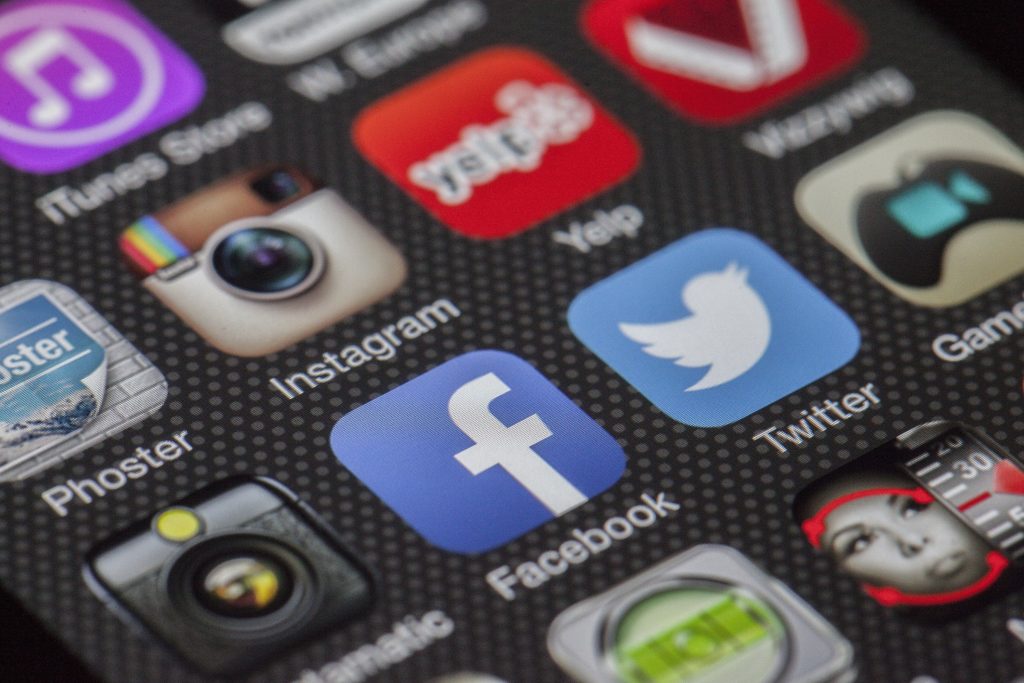Social media has become a regular screening tool for hiring decision-makers. In a 2016 Recruiter Nation survey by Jobvite, a whopping 96% of respondents said they used social media to vet candidates. Employers use social media background checks because they can reveal red flags you wouldn’t normally detect during a traditional job interview.
Employers often turn to third-party background check providers, like Triton, to conduct social media background checks to avoid issues like bias. A good third-party provider will also ensure all background checks are conducted according to the necessary privacy regulations.
And it’s not just job seekers who must be mindful of their social media presence. Employees who’ve enjoyed long careers with their organizations have been fired due to something they’ve posted on social media.
Here are eight ways social media can ruin your career.
Table of Contents
Posting Offensive Content
Earlier this year, Estée Lauder fired John Demsey after he posted an offensive meme on Instagram. Demsey apologized and explained that he’d shared the meme without carefully reading its content. Nonetheless, his career as a senior executive with the cosmetic giant is now over after more than thirty years.
Intentional or not, sharing offensive memes is one of the many ways social media can ruin your career. It can be very easy to quickly share something without reviewing it. Do yourself and think twice before hitting that share button.
Posting Incriminating Content
It should be obvious that you shouldn’t post pictures or videos of you engaging in illegal activities, like consuming banned substances. But many people can’t seem to help themselves. Further, while partying hard isn’t illegal, you should reconsider posting content of you getting excessively drunk.
Posting While You’re Working
Again, this should go without saying, but many people get themselves in trouble with their employers for engaging with social media during working hours. Simply put, your employer doesn’t pay you to engage with your personal social media.
Likewise, if you’ve called in sick, don’t post a picture of you out to brunch with your friends.
Posting Too Often
If you’re a job seeker and you’re posting to your multiple profiles several times a day, potential employers will think you’ll do the same when you’re supposed to be working.
Posting Sensitive Work-Related Information
Turning to social media about work-related frustrations is sure to get you in trouble with your employer. It can also make you look unprofessional to potential employers. If you’re unhappy with a boss, colleague, customer, or client then you should vent privately to someone you trust.
Even if it isn’t necessarily a negative post, sharing confidential work-related information on social media can still create problems.
Posting Only Negative Content
Constantly posting negative content, even if it isn’t offensive or doesn’t contain sensitive information, is also a red flag. Employers are using social media to see if you’re a good cultural fit for their organization. If your social media content is overwhelmingly negative, you’ll come across as a miserable person.
Instead, try to reframe your points as constructively as possible. It’s possible to be critical without being negative. In fact, that will demonstrate you’re a thoughtful communicator.
Posting Poorly Constructed Content
Many people put little thought into their social media posts. Perhaps they quickly open their phone, bang out some text, attach a photo, and post. This can often lead to very funny mishaps with the spellchecker.
When this happens between friends, it’s funny. But when employers see it, it looks unprofessional.
Having No Online Presence at All
It may be tempting to either delete all your social media channels or keep everything under strict privacy settings. However, many employers will disqualify a candidate if they can’t find them anywhere online because it seems as though they have something to hide.
Maintaining a professional profile on a network like LinkedIn, for example, is a safe choice.
Public or Private?
Many of these pitfalls can be avoided by delineating which social media channels you want to use professionally, and which ones are better off being private between your inner circle.
It’s important to remember that whatever you put out into the world is going to reflect your character—whether it’s accurate or not. An employer screening your social media profile may feel like an invasion of privacy, but you put it out there. It’s no different than posting a photo on your office door or attaching it to a resume.
Ultimately, just think carefully about what you’re posting to social media because you never know who’s looking.


